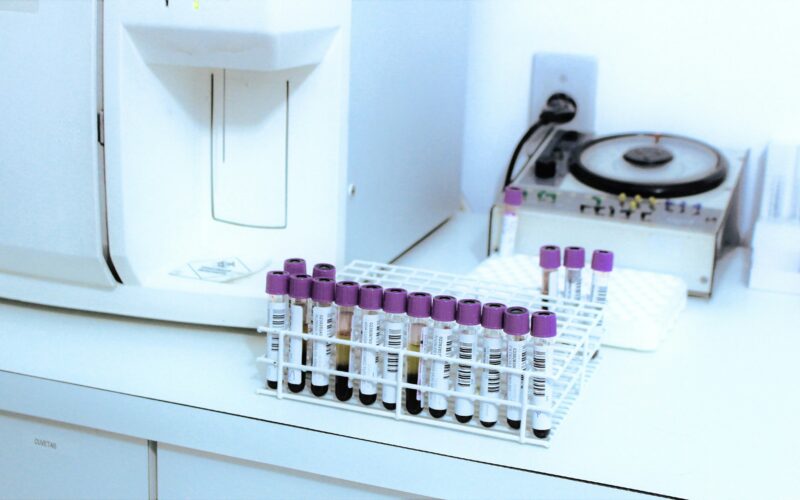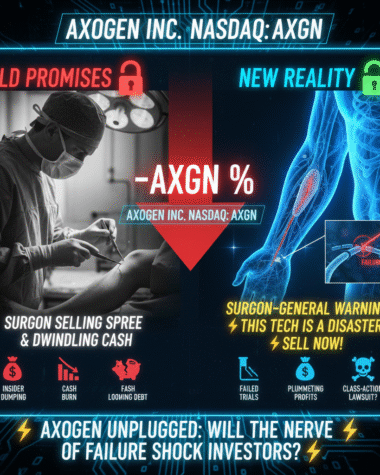UnitedHealth Group Incorporated (NYSE:UNH) is one of the largest and most influential health care companies in the United States, recognized as a leader in both health benefits and health services. Founded in 1977 and headquartered in Minnetonka, Minnesota, the company has grown into a diversified enterprise serving millions of individuals worldwide through its two primary business platforms: UnitedHealthcare and Optum. UnitedHealthcare provides health care coverage and benefits to individuals, employers, and government programs, including a dominant presence in Medicare Advantage. Optum, on the other hand, delivers information and technology-enabled health services, offering care delivery, pharmacy services, data analytics, and consulting solutions that support health systems, physicians, and patients across the continuum of care.
The company’s integrated structure is a key competitive advantage, combining insurance operations with a powerful services arm that allows it to manage costs, improve care outcomes, and expand into emerging health markets. UnitedHealth has consistently ranked among the top companies in the Fortune 500, reflecting its scale and influence in shaping the U.S. healthcare landscape. Its reach extends to nearly every aspect of the healthcare system, from delivering care through clinics and physician groups to managing one of the largest pharmacy benefit operations in the country.
UnitedHealth has also pursued aggressive growth through acquisitions and partnerships. Over the years, it has expanded Optum’s footprint by acquiring physician practices, specialty care providers, and technology platforms, creating a vertically integrated model that captures both payer and provider revenue. This strategy has helped UnitedHealth achieve steady top-line growth, with revenues surpassing $350 billion in recent years, and positioned it as a dominant force in managing population health and value-based care.
As the largest health insurer in the United States, UnitedHealth plays a critical role in public and private healthcare programs. Its Medicare Advantage segment has become a cornerstone of the company, serving millions of seniors and capturing significant market share. At the same time, UnitedHealth has leveraged Optum’s analytics and technology to target efficiency and innovation, aligning itself with broader trends toward digital health, preventive care, and data-driven solutions.
Despite facing challenges from regulatory scrutiny, rising medical costs, and growing political debate around healthcare affordability, UnitedHealth’s scale, integration, and brand reputation have allowed it to remain a market leader. The company’s dual focus on expanding coverage and building advanced health services ensures that it continues to shape the future of healthcare delivery in the United States and abroad.
Recent Outperformance Raises Questions
UnitedHealth Group stock has recently outpaced both the S&P 500 and its peers in the managed care space, with a +13.9% gain in the past month compared to +2.5% for the broader market and +8.2% for the Medical HMOs industry. This rally reflects optimism around the company’s scale as the largest U.S. health insurer. However, short-term gains may mask deeper structural problems, and the near-term outlook suggests that downside risks are significant.

CHECK THIS OUT: Saudi Arabia Wants CEL-SCI (CVM)’s Multikine Now! and Aligos Therapeutics (ALGS) Doubles Cash to $122.9M.
Weak Earnings Outlook Signals Deterioration
One of the clearest warning signs is the dramatic drop in expected earnings. For the current quarter, UnitedHealth is projected to deliver just $2.87 per share, a decline of nearly 60% from the prior year. The Zacks Consensus Estimate has fallen 6.6% in the past 30 days, reflecting worsening analyst sentiment. For the full year, EPS is expected at $16.21, a year-over-year contraction of 41.4%. Even though fiscal 2026 forecasts point to a modest rebound (+8.1% EPS growth), analysts have already cut estimates by more than 3% in the past month. This trend of downward revisions is a powerful bearish indicator because earnings estimate momentum is one of the strongest predictors of near-term stock performance.
Revenue Growth Cannot Offset Margin Compression
Revenue growth remains strong on paper, with consensus estimates calling for $113.54 billion in sales this quarter, up 12.6% year over year, and $448.87 billion in fiscal 2025 revenue, representing 12.1% growth. But this top-line expansion is not translating into profit. Rising medical costs and increased care utilization in Medicare Advantage plans have pushed the medical care ratio sharply higher, cutting into margins. In the last reported quarter, revenue grew 12.9% to $111.62 billion, but earnings per share plunged to $4.08 from $6.80 a year ago, badly missing consensus estimates by nearly 16%.
Zacks Rank #5 Underscores Near-Term Risk
Based on its proprietary ranking system, Zacks has assigned UnitedHealth a Rank #5 (Strong Sell). This ranking is heavily influenced by earnings estimate revisions, and the size of the negative revisions suggests the company could underperform the broader market in the near term. Historically, stocks with a Zacks Rank of 5 have struggled to generate positive returns in the months following such downgrades. This puts investors at risk of holding a stock with negative momentum at precisely the wrong time.
Valuation No Longer Attractive
While valuation multiples once made UnitedHealth look compelling, the story has changed. The company currently receives a grade of “C” in the Zacks Value Style Score, indicating it trades in line with peers rather than at a discount. With earnings falling sharply and only modest growth expected in 2026, current valuations may in fact overstate the company’s fair value. If profitability fails to recover, investors could be left paying too much for too little growth, leading to potential multiple contraction.
Regulatory and Legal Clouds Add Uncertainty
On top of financial weakness, UnitedHealth faces significant regulatory headwinds. Federal investigations into its Medicare Advantage billing practices raise the risk of penalties, clawbacks, or tighter government oversight. Given the company’s outsized exposure to Medicare Advantage, even small adjustments to risk coding or reimbursement could translate into billions in lost revenue and higher compliance costs. This legal overhang compounds the bearish picture and makes forecasting future profitability even more uncertain.
Competitive Pressure and Political Risk
The Medicare Advantage market has become intensely competitive, and peers are managing costs more effectively. At the same time, political scrutiny of health insurers is rising, with bipartisan criticism of high premiums, denied claims, and insurer profits at the expense of patients. In a climate where healthcare affordability is a national issue, UnitedHealth may find itself the target of tighter regulation or reduced reimbursement.
Conclusion: A Classic Setup for Underperformance
UnitedHealth’s recent stock rally masks troubling fundamentals. Earnings are collapsing by double digits, consensus estimates continue to be revised lower, margins are under pressure, and regulatory clouds loom large. The Zacks Rank #5 (Strong Sell) reflects these risks and suggests investors should expect underperformance in the near term. With valuation no longer providing a cushion and external headwinds intensifying, UnitedHealth looks more like a value trap than a safe bet. For cautious investors, the bear case is clear: the downside risks outweigh the upside potential at current levels.
READ ALSO: Exact Sciences (EXAS) Just Made Cancer Detection 100x Easier! and Soleno Therapeutics (SLNO): The Biotech Company That Could Make You Rich.








